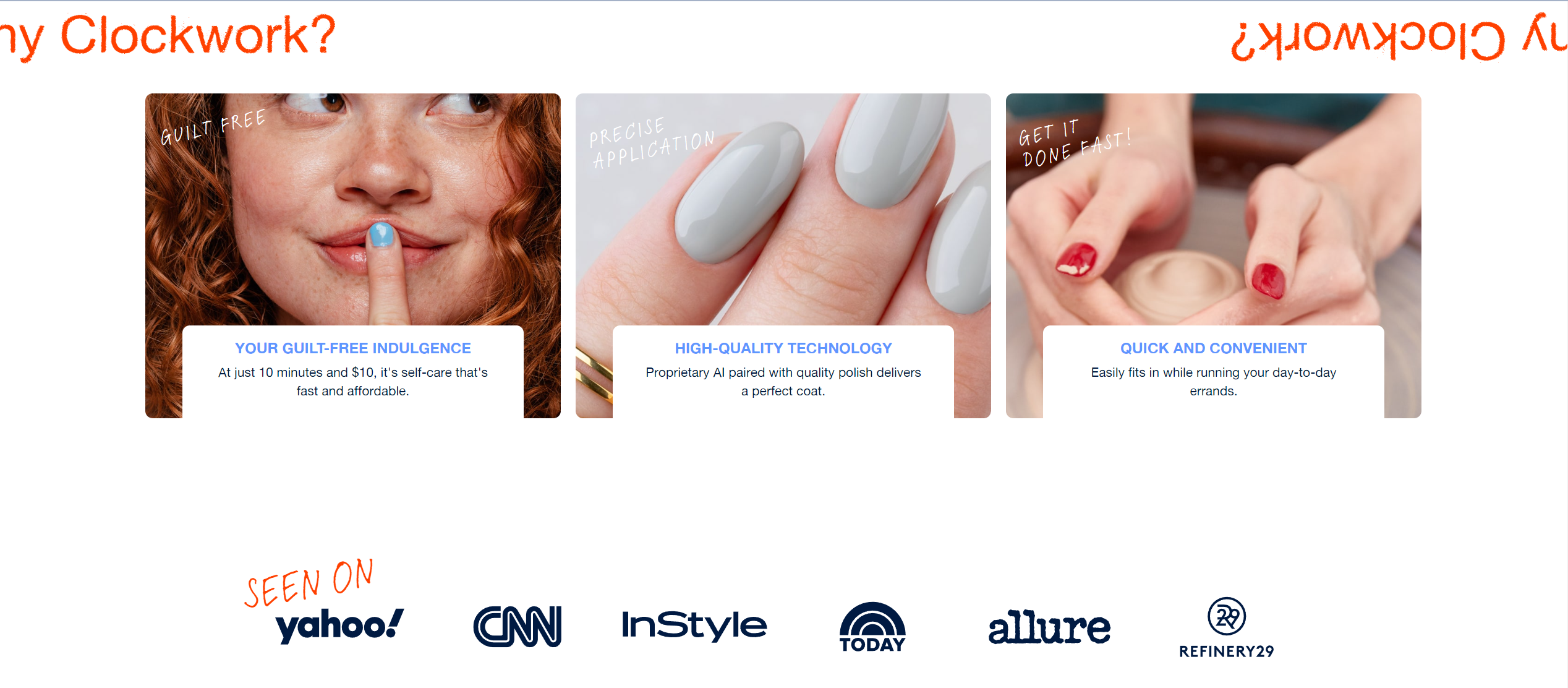I often find myself staring at my phone, marveling at how it connects me to the world, opens doors to new opportunities, and fuels my passions. Technology feels like a lifeline—one that can empower us in ways we never imagined. Yet, there’s a nagging awareness in the back of my mind, a whisper reminding me that this lifeline can also strangle us if we’re not careful. So, as I advocate for the incredible benefits of technology, I cannot ignore its darker shadows.
Health and Wellness: A Game-Changer
Let’s start with the most significant transformation: health and wellness. The pandemic taught us many lessons, but one of the most powerful was how technology could make healthcare among other things accessible. Telehealth services like BetterHelp and Teladoc became essential, allowing us to consult doctors without stepping outside. For many of us, this was a game-changer. According to the Centers for Disease Control and Prevention (CDC), telehealth became an important communication tool during lockdowns, helping us prioritize our mental and physical well-being in a time of isolation. It’s a reminder that technology can be a supportive friend when we need it most.
But even as I applaud this achievement, I can’t help but feel a twinge of concern. The convenience of telehealth comes with the question: what about privacy? Each time we log in to consult a doctor, we’re sharing sensitive information, potentially at risk of being mishandled. The Equifax data breach looms large in my thoughts, reminding me that the very tools that empower us can also expose us. As I advocate for telehealth, I’m also calling for stricter data protection measures. We must ensure that our health, a personal and often vulnerable aspect of our lives, remains confidential.
Solution: Advocate for stronger privacy protections in telehealth services. Consumers should be informed about how their data is used and stored. Implementing robust encryption methods and requiring explicit consent for data sharing can help mitigate privacy concerns. Additionally, educating users on their rights regarding data privacy can empower them to make informed choices. Organizations like the American Telemedicine Association provide guidelines on best practices for maintaining patient confidentiality in digital health services.
Connection and Community: Finding Belonging
As I scroll through my social media feeds, I’m reminded of the power of online communities. Platforms like Instagram and Facebook aren’t just for sharing—they’re vital for connecting with like-minded souls. These digital spaces foster a sense of belonging, especially for marginalized groups, empowering them to raise their voices on social issues. Fans of sports, music, and books find their tribe online, creating bonds that go beyond the screen. It’s incredible how these connections build resilience and well-being, proving that virtual communities can be a force for good. According to Psychology Today, “Social support and being connected to others is a powerful weapon against stress, loneliness, and depression.“ Having a support network, whether in person or online, provides a sense of belongingness and increases resilience.
Yet, I can’t ignore the flip side. The very platforms that connect us can also amplify feelings of inadequacy and anxiety. Studies show that excessive social media use correlates with higher rates of mental health issues among young people. I find myself asking: when does scrolling through the perfect life of others turn into a comparison trap? How do we create a balance that allows us to enjoy these connections without losing ourselves in the process? It’s essential to engage with social media mindfully, recognizing when it lifts us up and when it drags us down.
Solution: Promote mindful social media usage. Encourage users to engage actively with content that uplifts them and fosters positive connections. Online platforms can implement features that allow users to customize their feeds, filtering out negative content. Communities can also host workshops focusing on mental health awareness and resilience-building, helping members navigate the complexities of online interactions.
Education Reimagined: The Power of Knowledge
Technology has completely transformed education, making learning more accessible and flexible than ever. Not only are platforms like Coursera and Skillshare making it easy to upskill from your couch, but you can earn a degree online from most of the mainstream universities and colleges.
Knowledge is at your fingertips, and you can dive into anything from graphic design to coding. This flexibility and accessibility are perfect for those of us who value independence and self-direction. It’s all about empowering yourself to learn on your terms! This accessibility is empowering, especially for those of us who thrive on independence and self-direction.
The Unesco report “The new 2023 GEM Report on Technology in education: A tool on whose terms?” emphasizes how online education caters to diverse learning styles making education more accessible, engaging, and affordable.
But with this newfound freedom comes a responsibility to stay grounded. The allure of online learning can lead to overwhelm, especially when we’re bombarded with information from all sides. The pressure to constantly learn and grow can turn into a cycle of burnout if we’re not careful. It’s crucial to set boundaries around our educational pursuits, ensuring we’re enriching our lives rather than exhausting ourselves. While we embrace the opportunities that technology provides, we must also nurture our well-being, it all comes down to finding a balance.
Solution: Balance the accessibility of online learning with mental health support. Educational platforms should integrate wellness resources, such as stress management tools and peer support networks, to help learners cope with information overload. Additionally, universities can provide training for instructors on how to create engaging, manageable courses that prioritize students’ well-being. The UNESCO report on technology in education emphasizes the need for educational equity, ensuring that all learners have access to necessary support systems.
Environmental Impact: The Cost of Convenience
Then there’s the environmental impact of our tech-driven lives. The sheer volume of electronic waste we generate is staggering. The UN reported over 50 million metric tons of e-waste is produced each year, much of which ends up in landfills, poisoning our planet. As someone who values sustainability, this reality weighs heavily on me. It’s disheartening to think that our quest for the latest gadgets often comes at such a high cost to the environment.
Yet, within this challenge lies an opportunity. By supporting brands that prioritize sustainability—we can reshape our consumption habits. It’s about being conscious consumers and pushing for responsible recycling programs. We have the power to influence change by advocating for sustainable practices, showing that caring for our planet can coexist with our love for technology.
Solution: Advocate for sustainable tech practices among consumers and manufacturers. Encourage responsible recycling of electronic waste and support companies that prioritize sustainability in their products. Initiatives like the “Right to Repair” movement empower consumers to repair rather than replace devices, reducing e-waste. The UN’s Global E-Waste Monitor provides insights into the impact of e-waste and recommends strategies for more sustainable practices in the tech industry.
Conclusion: A Call for Balance and Responsibility
In navigating the complex landscape of technology, we see its potential to empower us in numerous ways. While navigating tech’s maze, we get its perks—boosting health, connecting us, and revolutionizing education. But, we need to be mindful of the flip side: privacy issues, mental health strains, and environmental impacts.
While we celebrate tech’s wonders, the continued push for ethical practices and sustainable choices is more important now than ever. We can enjoy tech’s power while protecting our well-being and the planet. We’ve got the chance to shape a tech world that benefits us and future generations.
Discover more from OpenDoorPathway.com
Subscribe to get the latest posts sent to your email.



